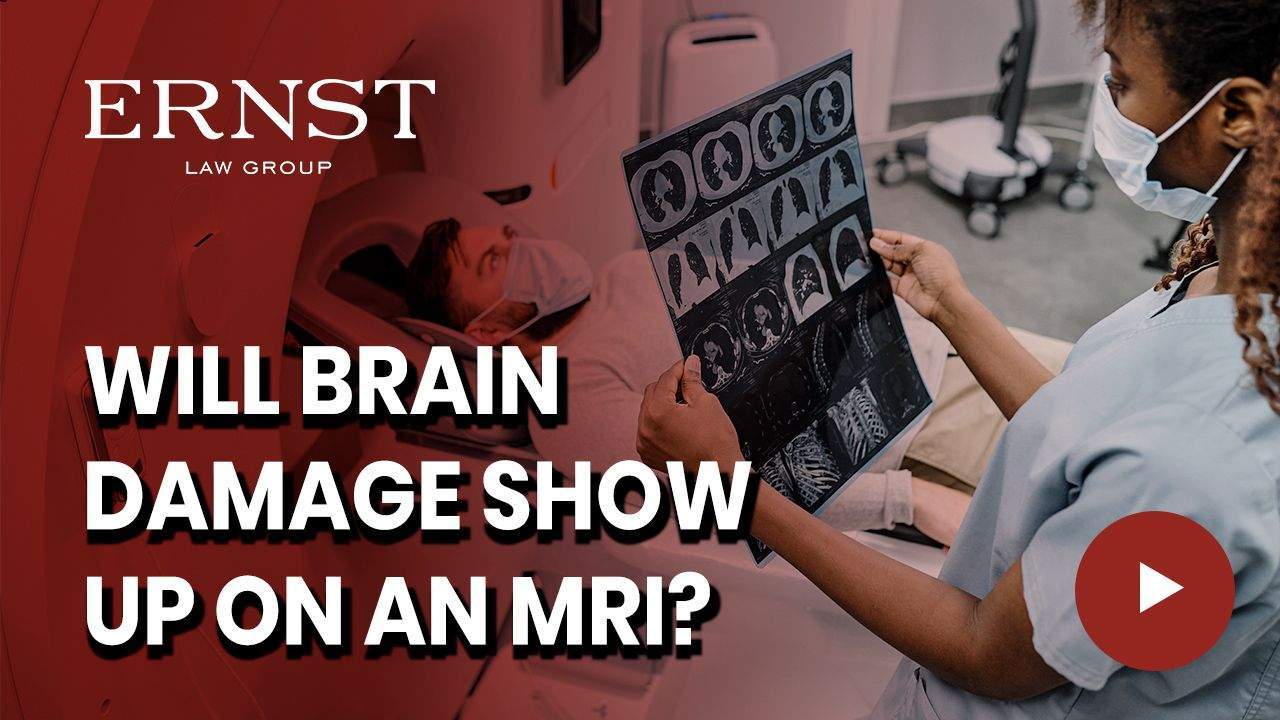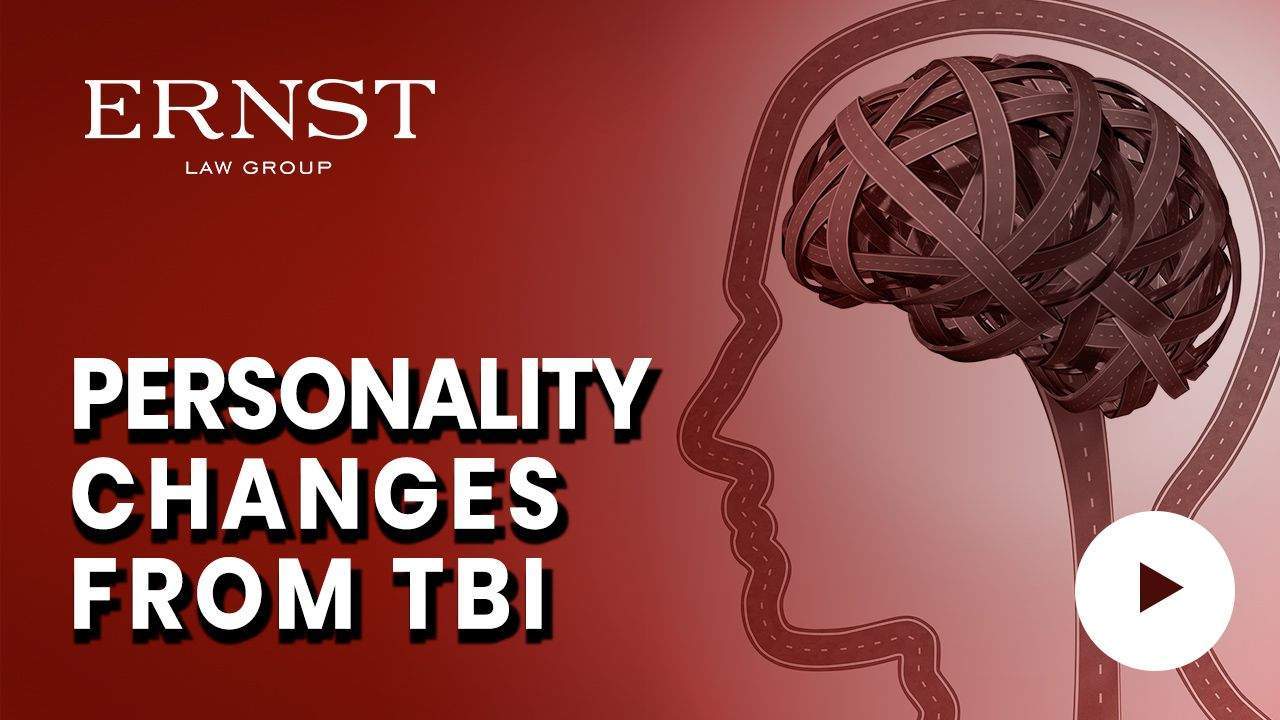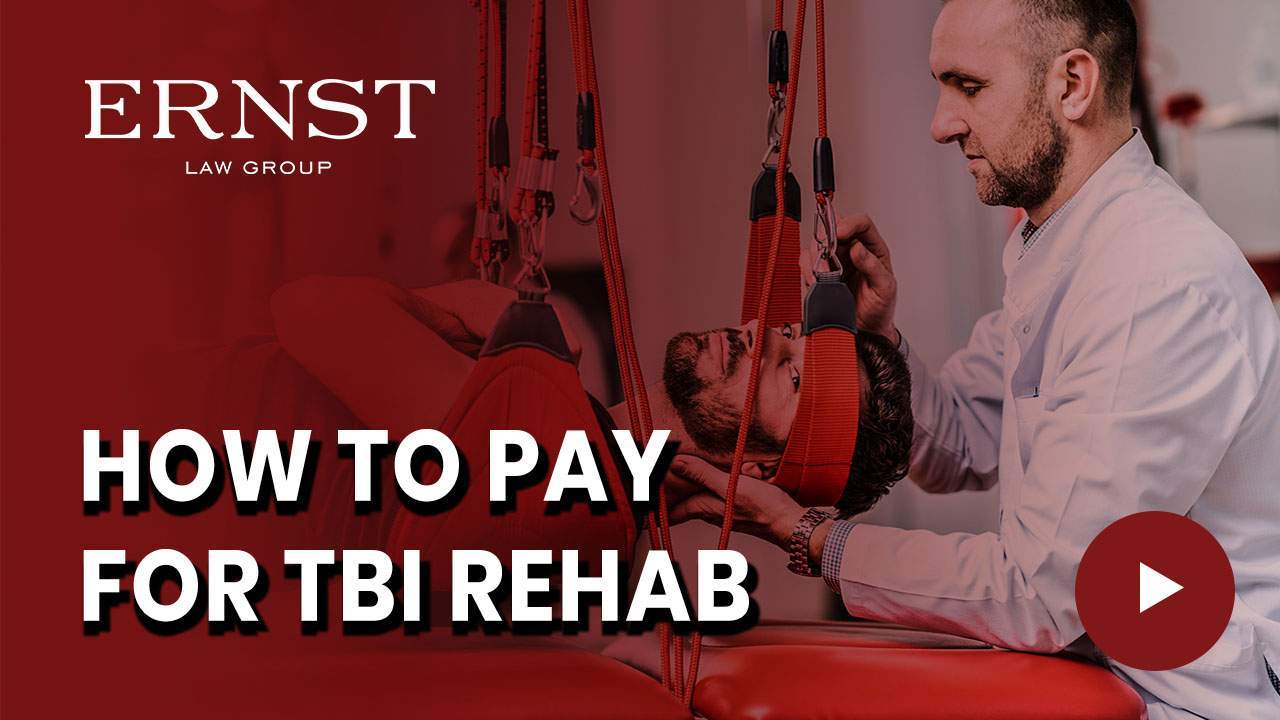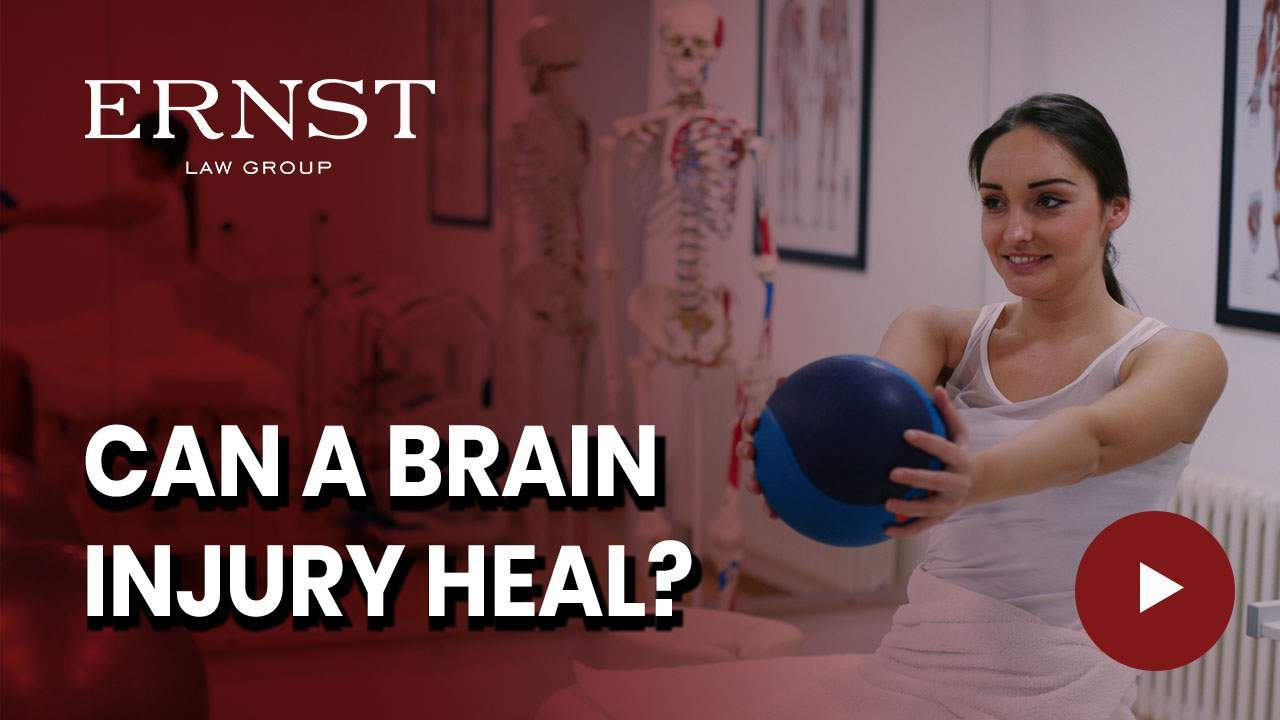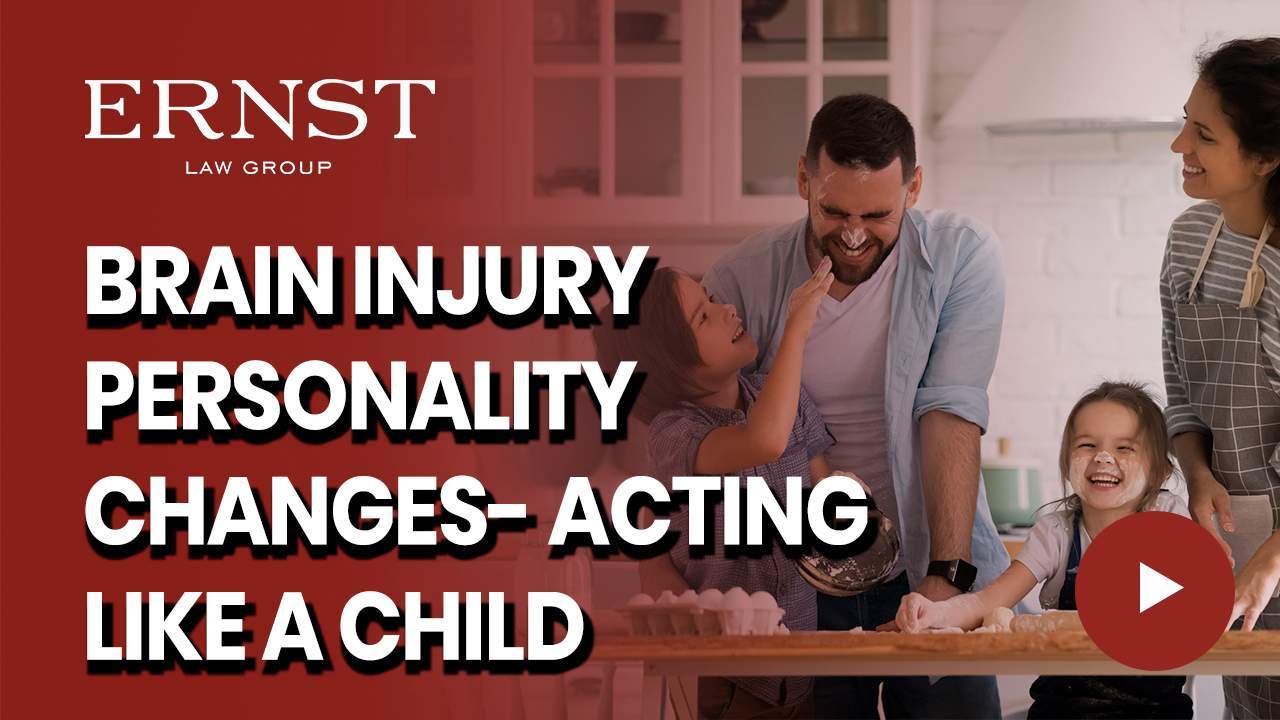Video Time Code
Headaches, Seizures & Additional TBI Disorders
Transcript:
So there’s some additional things that go along with the traumatic brain injury and other disorders, often it’ll be PTSD, headaches and seizures. I want to talk about those three. Generally, if you’ve suffered a traumatic brain injury, it can damage other senses. One is what’s called post-concussive headaches. They tend to be some of the worst headaches you’ve ever had life. They start. They go on. Any type of ongoing stimulus, if you’re in a room crowded with people, or if you’re at a restaurant where there’s a lot of people around, there sometimes is a way that it overloads the person with the traumatic brain injury in a way that they really have difficulty with that much stimulus. So it gives them a headache. Their brain is trying to say, “Hey, I’ve got too much going on. I need you to go to a quiet place and get away from some of the stimulus.”
So you get these post-concussive headaches that sometimes they’re as frequent as every day. Sometimes there’ll be a couple of times a week. It’s something that needs to be addressed. There’s medication that can be provided. Some doctors will call them migraines. They’re not migraines. They’re not treated the same way as migraines, and they need to be addressed with certain type of medication that directly goes at solving these headaches.
The next thing I want to talk about is sometimes if you suffer traumatic brain injury, you have a seizure disorder or the possibility of developing a seizure disorder. While that sounds scary, most of the time, the seizure disorder that goes with a traumatic brain injury is something called micro seizures. Micro seizures are something that the victim will say something along the lines of, “I just blanked out for a second,” or, “I was gone for a couple of seconds. What happened?” Or, “Where was I these last couple of seconds?” Or they won’t remember the end of a sentence. That is an indication that there are some micro seizures going on. It’s different from the full-blown seizures that are talked about in other parts of medicine. This is very quick, very short, and there’s a lot of medication out there that can be used to specifically treat these types of seizures.
So that’s something that needs to be addressed. Sometimes when that occurs and it begins offering medication for this, it really can help the ongoing confusion and getting lost and feeling like they disappear now and then during their conversation or their daily life, it can really improve the quality of their daily life. So that’s something that really needs to be addressed. Most micro seizures occur at night. It’s something like 75% of seizures occur at night. So just because they don’t happen in a day, doesn’t mean there shouldn’t be some type of test. The gold standard is a 72 hour test for seizures. It’s more expensive. So sometimes people don’t want to do it and they want to do just the hour or couple hour long one. But the problem is sometimes you can get a false negative where it’s negative, but then they’re having seizures at night that you don’t know about. So that’s something that should be considered.
The other thing that can be considered is we talked about hormone disorders, endocrine disorders can result from a traumatic brain injury, as well as there be some type of cognitive decline. Sometimes they will speak differently, talk slower, say, “I’ve lost my words,” or, “I lost my train of thought.” Sometimes people even say they sound different. These are all disorders that develop out of the traumatic brain injury. Depending on the area of the brain that was harmed, they can be learned how to be overcome, but they need to be treated with what’s called a cognitive rehabilitation specialists. These are people that are trained in brain injury rehabilitation, whether it’s post acute brain injury rehabilitation, or if it’s someone like a speech language pathologist, a lot of the times they can be brain injury certified and be trained to provide this type of cognitive rehabilitation that can be really helpful. So that’s something that should be looked into.
These are additional disorders that kind of go hand in hand with traumatic brain injury, and I just want you to be aware of them, feel like you learn about the additional things that can be treated. Sometimes people are told that we’ve got a traumatic brain injury, there’s nothing you can do. That’s absolutely not true. There’s more and more information out there all the time on this stuff. You just need to be able to find the right source and say, “Oh. Hey, I need to go get some cognitive therapy. How do I go about that?” You start asking those kinds of questions, you find people that can really provide a lot of value in treating the loved one or yourself if you’ve suffered a traumatic brain injury.


